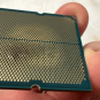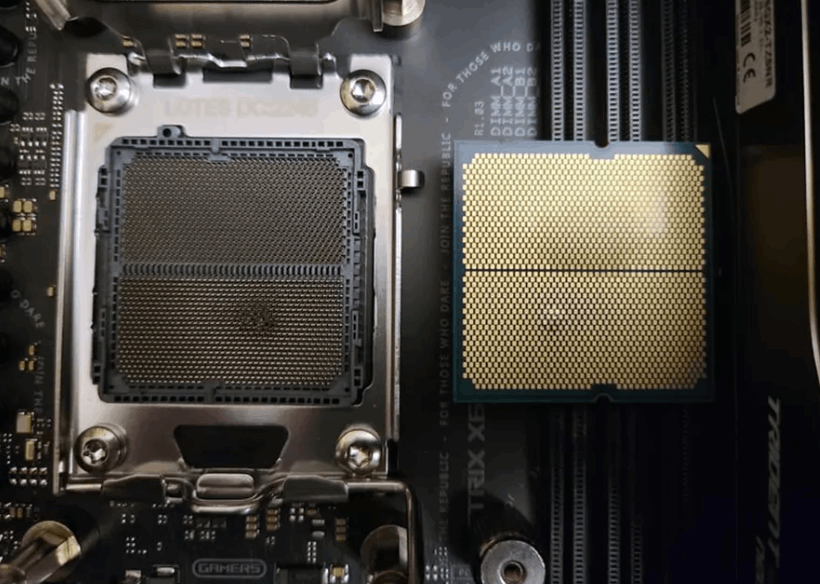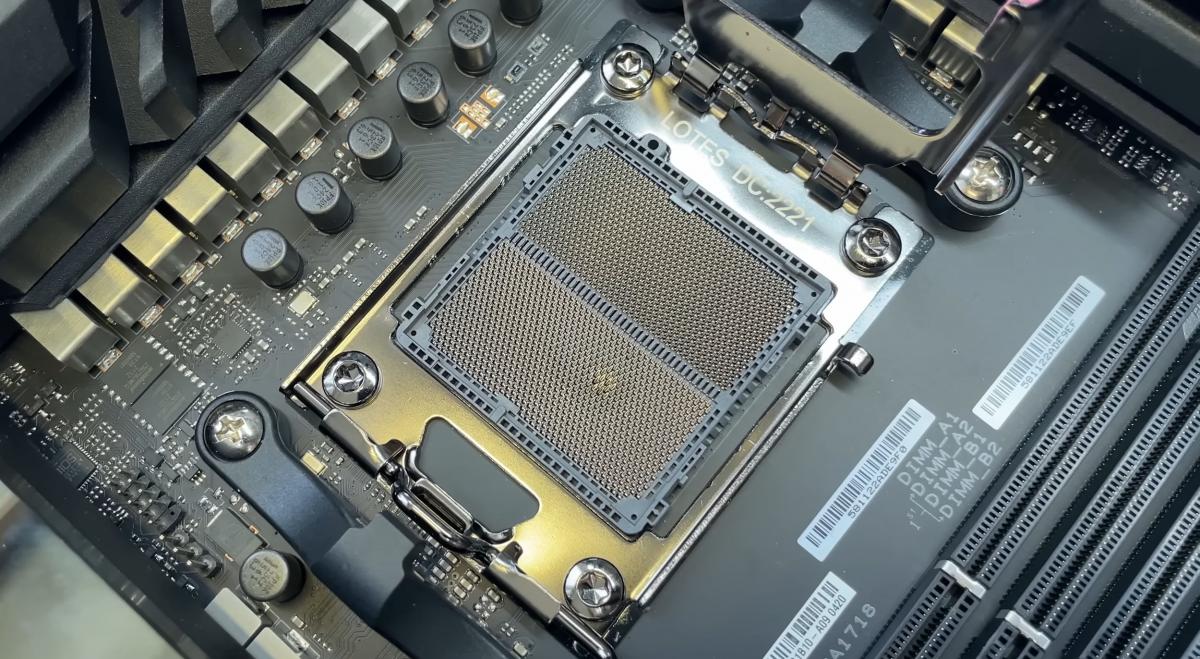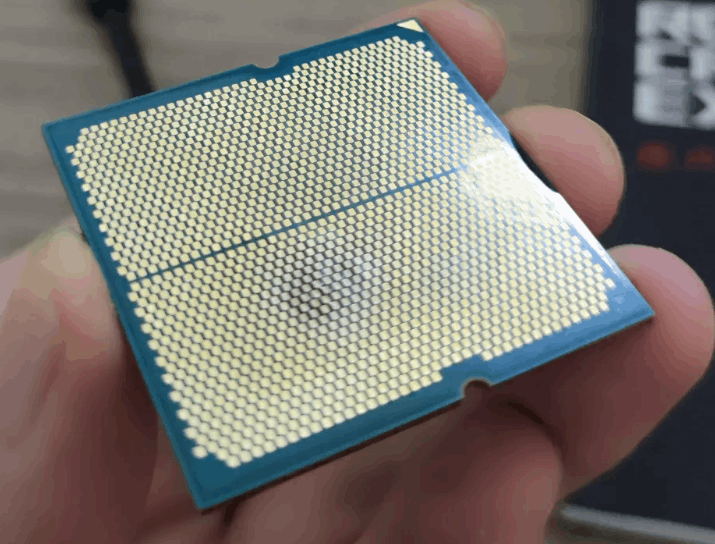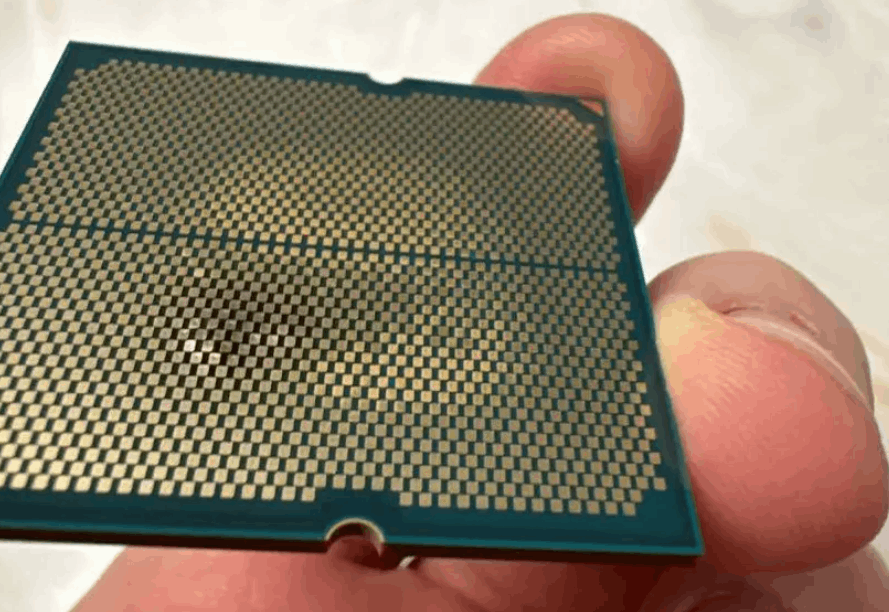Several individuals on Reddit have expressed concerns about their AMD Ryzen 7000X3D processors experiencing overheating issues and even failing as a result.
While there's not enough data to establish definitive conclusions from some posts on reddit, it is speculated that the 3D V-Cache SRAM tile atop the CCD chiplet may be getting too hot when motherboards push CPU clock speeds excessively high, leading to inadequate cooling for the chiplets.
In an effort to avoid these complications, AMD refrains from providing these processors with an unlocked multiplier for manual overclocking. However, an overly forceful automatic overclock executed by the motherboard could still lead to malfunction.
Defective sockets or motherboards are often the culprits, and insufficient cooling can also cause damage. Additionally, an outdated or faulty BIOS version that automatically overclocks CPUs can cause processors to fail. Recently, Asus recalled old BIOSes for many of its AMD X670-based motherboards due to issues with automatic CPU overclocking. However, some of these old BIOSes are still available, which can lead to processor failure.
Reddit user Nolmir87 shared that a YouTube channel from Russia, known for repairing GPUs, has received multiple Asus motherboards and Ryzen 7000X3D AM5 CPUs that have burned in the same spot. The socket and CPU are dead, and more motherboards and CPUs are expected to arrive for repair.
Update:
Although AMD has not officially addressed the matter, anonymous insiders have offered insights into the problem and the company's anticipated solution.
Both standard Ryzen 7000 and the more recent Ryzen 7000X3D chips are impacted by the issue, with the latter being more susceptible. The core of the problem lies in the SoC voltages being increased to unsafe levels, either through pre-set voltages in EXPO memory overclocking profiles or manual adjustments by users. As a result, the chips' thermal sensors and protection mechanisms are compromised, causing overheating and physical damage.
AMD intends to implement a fix involving a voltage cap or lock in the firmware/SMU, restricting voltage levels from exceeding an unspecified limit. However, savvy motherboard manufacturers may discover ways to bypass this cap. Several vendors have already released new BIOS updates to address some of the issues, but failures persist on boards from other manufacturers.
To safeguard their chips from additional harm, users should monitor their SoC voltage in the BIOS or by using utilities like HWiNFO, disable EXPO profiles, or manually adjust the voltage to secure levels. Extreme overclockers may face reduced overclocking limits due to the impending voltage cap.
This issue impacts all motherboard brands and is not covered under warranty. AMD is working diligently to rectify the situation and is expected to release an official statement in the near future.
AMD also released this statement:
"We are aware of a limited number of reports online claiming that excess voltage while overclocking may have damaged the motherboard socket and pin pads. We are actively investigating the situation and are working with our ODM partners to ensure voltages applied to Ryzen 7000X3D CPUs via motherboard BIOS settings are within product specifications. Anyone whose CPU may have been impacted by this issue should contact AMD customer support."
